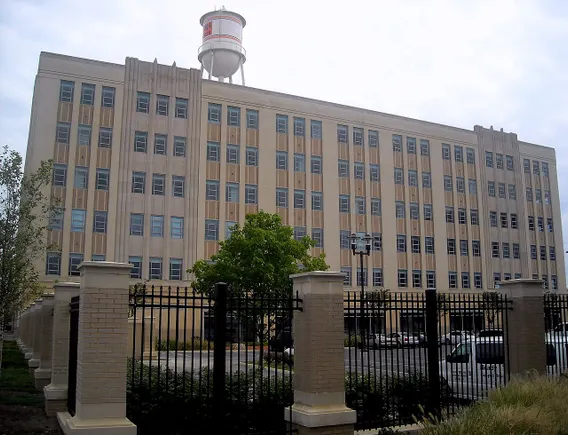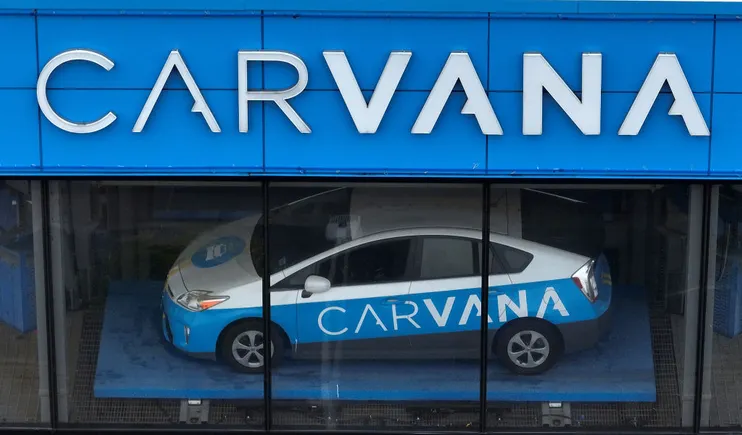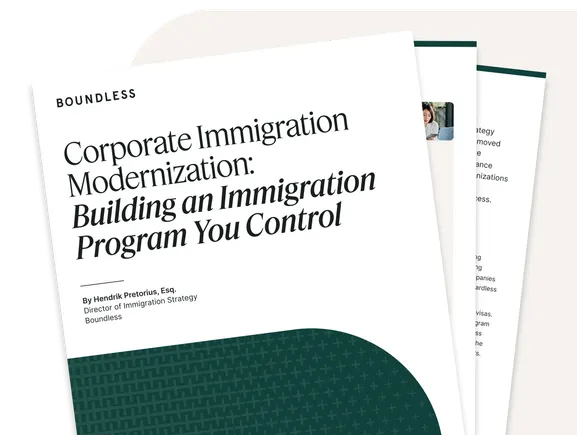Dive Brief:
- A federal district court judge granted summary judgment for Thornton, Colorado-based Appliance Factory on Wednesday, dismissing a lawsuit from the U.S. Equal Employment Opportunity Commission that accused the store of discriminating against a worker with long COVID (EEOC v. A&A Appliance, Inc., d/b/a Appliance Factory Outlet, Inc.).
- A worker at the store requested leave from work to care for her son in March 2020. In April, she said she suspected she had contracted COVID-19 and requested Family and Medical Leave Act leave, which was granted through early June. At the end of her FMLA leave, she inquired about extending her absence, did not respond to a request for a phone call to discuss her situation and was terminated the following day, according to court documents.
- Given a range of stated medical issues, no formal diagnosis and inconsistent representations on whether she could work, Appliance Factory “cannot be found to have been on notice of a disability that required accommodation under the ADA,” Judge Daniel Domenico said.
Dive Insight:
Survival of the worker’s failure-to-accommodate claim hinged on whether EEOC could present evidence the worker requested an accommodation based on a disability — a burden EEOC and the worker did not meet, the court said.
The court laid out a three-month timeline during which time the worker requested leave for work to care for her son; emailed a note from her doctor saying she “may return to full duty immediately with no restrictions;” applied for unemployment benefits, stating she did not have a disability but needed to care for her son; obtained a doctor’s note stating she felt unwell; scheduled an endoscopy for the day after her return to work; and asked for a continued leave of absence.
Based on the communication, it wasn’t clear if the disability was COVID-19, vocal cord paralysis or gastritis, Domenico said. “Given the lack of a formal diagnosis until after she was terminated” and the worker’s “inconsistent representations regarding her ability to return to work … Defendant cannot be found to have been on notice of a disability that required accommodation under the ADA,” he wrote.
Even had the disability been clear, Domenico said, the worker never made an “explicit request” for an accommodation until after her FMLA leave expired, and her questions about remaining time and options “were insufficient to establish a recognized accommodation request.” She also provided no expected duration of leave, he said.
Use of leave as a disability accommodation is often a thorny issue for employers to navigate. EEOC has told employers that additional leave beyond that provided by the FMLA may be a reasonable accommodation.
In a 2024 case, the agency alleged that a Michigan employer violated the Americans with Disabilities Act when it treated the failure of workers with disabilities to return after exhausting FMLA leave as a “voluntary resignation,” rather than grant them extended leave. That employer agreed to settle the case in January for $170,000, per an EEOC news release.
But courts have also pushed back on attempts to secure leave that are not clear or too open-ended.
For example, in July, the 4th U.S. Circuit Court of Appeals rejected a worker’s June 2022 request for disability leave until “September or October” of that year as not specific enough to warrant a failure-to-accommodate claim against an employer.






Leave a Reply